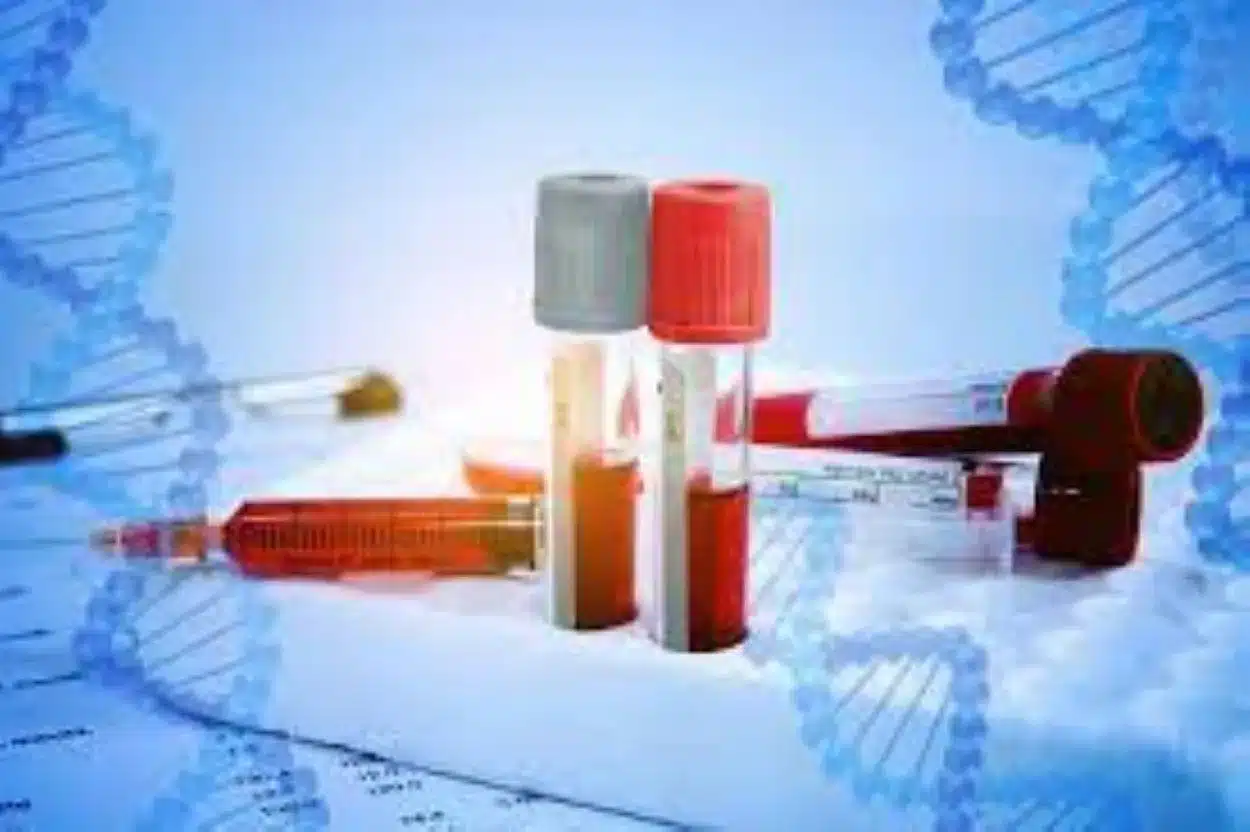Researchers have made significant progress in treating hemophilia, a rare bleeding disorder characterized by abnormal blood clotting. They have developed a safer and potentially more cost-effective method for managing this condition by utilizing plant cells.
According to Roland Herzog, a study co-author and a member of the College of Medicine at the University of Florida, this breakthrough represents a significant advancement. Patients with hemophilia experience prolonged bleeding following injuries due to the absence of essential proteins responsible for blood clotting.
Henry Daniell, another co-author from the University of Pennsylvania School of Dental Medicine, explains that their technique, which involves using plant-based capsules, holds promise as a viable and secure alternative treatment option.
The researchers have established a platform for delivering drugs and bio-therapeutics by genetically modifying plants to express specific proteins. The team introduced these genes into tobacco plants by fusing factor VIII DNA with a substance capable of crossing the intestinal walls and entering the bloodstream.
In their experiments, the researchers administered the resulting plant solution to mice with hemophilia. The mice that consumed the experimental plant material exhibited significantly lower inhibitor formation, with an average reduction of seven times compared to those not treated.
For future human applications, the researchers aim to use lettuce plants instead of tobacco plants. This transition would enhance safety and align to develop a sustainable and scalable treatment approach for hemophilia patients.







wow ! this would be very cool in helping clot the blood–from lettuce leaves–I like it!
Whats the sources of this report?